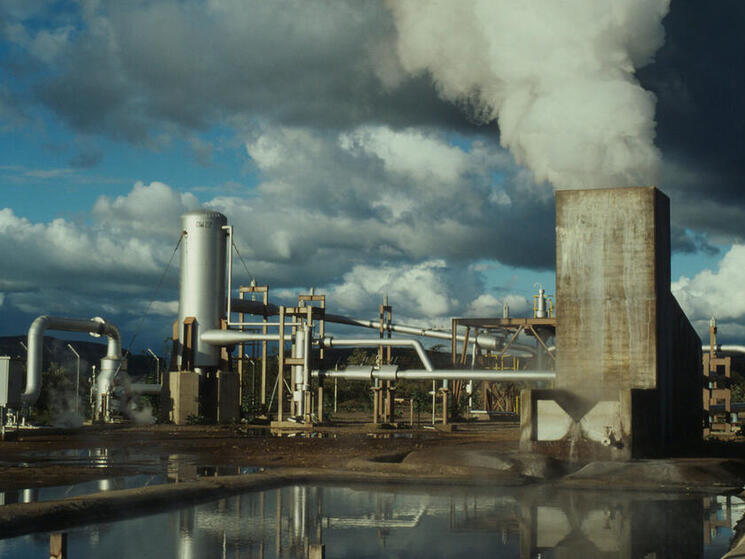
Renewable Thermal Collaborative Summit: Accelerating Deep Industrial Decarbonization
- Date: 28 October 2020
Thermal energy emissions from industrial production may be the largest remaining unaddressed climate challenge you never heard of. Well, that’s about to change. Industrial thermal energy generates 11% of U.S. greenhouse gas (GHG) emissions—more than the entire US agricultural sector. Globally, energy used for heating and cooling is 50% of final energy use and contributes 39% of greenhouse gas emissions from energy-related sources.
Not surprisingly, for many years decarbonizing industrial energy took a back seat to the big challenges of developing and deploying renewable electricity in the power sector, as well as electric vehicles and new mobility strategies in transportation. With economic tailwinds now driving rapid commercialization and deployment in these sectors, it’s time to turn our collective attention to renewable energy solutions for industrial production, including hydrogen, biogas, biomass, electrification, and solar thermal among others.
Building on WWF’s successful efforts to mobilize large corporate electricity buyers to use their collective demand to make it easy to buy renewable electricity, WWF, the Center for Climate and Energy Solutions (C2ES), and David Gardiner and Associates formed the Renewable Thermal Collaborative in 2017. The RTC is a unique buyer-led coalition of major commercial and industrial energy buyers and sellers dedicated to collective action to solve the thermal energy challenge. RTC gives large thermal energy buyers "power in numbers," where they can learn from each other and collaborate with everyone needed to identify and overcome the many technological, market, financial and policy challenges to renewable energy solutions.
In the past three years, RTC members and technology providers have uncovered barriers, identified promising opportunities and are creating collective strategies for tackling those barriers. Several leading RTC members have successfully invested in renewable thermal solutions with significant emissions and cost savings. The cost of many renewable and low carbon thermal technologies is dropping, though we have a long way to go before thermal solutions match our progress on renewable electricity. That’s why RTC is convening the first annual RTC Summit from November 9-10, 2020.
The Summit offers a unique opportunity to join this growing community where you can learn from industry leaders about current and emerging technologies, connect with corporate peers and experts about barriers and opportunities in the renewable thermal market, and understand the policy landscape and what still to be done.
Over the course of the Summit, RTC members and stakeholders from across the corporate, technology, finance, innovation, and policy sectors will explore how to overcome the barriers faced by renewable thermal solutions, how to drive implementation, and develop lasting networks that will put us on the path to reducing industrial sector thermal emissions by 30% by 2030 and full sector decarbonization by 2050.
Register now and join your peer companies in this growing corporate renewable thermal movement. Please reach out to Marty Spitzer to learn more about RTC and the Summit.